Voices of Race, a portrait series by Kathleen Dreier, is dedicated to amplifying the voices of our BIPOC communities and being a call of action for all people particularly white communities to be social change agents. Each participant is encouraged to share whatever they like regarding diversity, inclusion, racism, culture, privilege, etc. No one is censored. My intention and wish is that the viewer reflect upon the words of the person in the portrait and is inspired to engage in their own courageous conversations with their friends and family. It is time we each take the time to reflect on our individual and collective histories, heal from the damage done, and create the foundation for equity and compassion for every human being.
Note: Over the course of 2020 and 2021, my three photo series (Covid-19 and Tucson Front Line Workers, Tucson Black Voices and What White People Think) evolved into the current series Voices of Race. In time, I will have a dedicated Voices of Race page on my web site. In the meantime, I am sharing some of the posts here in my blog. You can view more on my Voices of Race Facebook page.
Patrick, College Student
“The struggle of my ancestors is something that I hold dear to my heart. Many have crossed the border while many have watched a border cross them. It’s this narrative that has have often guided my family in defining what it means to be living in this country and contributing to society.
I am a Chicano. I was not born in Mexico. I was born here in Tucson, Arizona. I’m an American of Mexican descent raised with an infusion of Mexican American customs on Tucson’s Southside. My life experiences are guided by the unique struggles of my ancestors, whether it be my grandfather finding out he was paid less than his White counterparts even though he was doing all of the work, or my grandmother being told to go back to Mexico. Thankfully, I have not experienced any of these horrific forms of racism, but I have family who did and decided that we would counteract with hard work at one’s job, contently grinding to be better, respect for elders, and a yearning to make positive contributions to our community. All of which are values I’ve been raised with.
In separate settings I’ve been told that I act too White, and I’ve also been told that I act too Mexican. Which is it? Can’t I blast corridos in my car and go home and watch The Office without having my cultural identity in mind? Can I go through my experience of receiving a higher education as a 1st generation college student without feeling left out?
I am my ancestor’s wildest dream, yet this is another borderland that many people in my community encounter. We’re neither here nor there. Can’t I be a bridge for my community into a world of what could be without being misconstrued for having a nopal en la frente? After all, when I’m settings where I’m the only Chicano I wear my nopal proudly to let these folks know who we are. It’s confusing, I know. But, when I find myself feeling weak, I turn to La Virgen de Guadalupe to pray, and I turn to my family for strength. I am Chicano.”


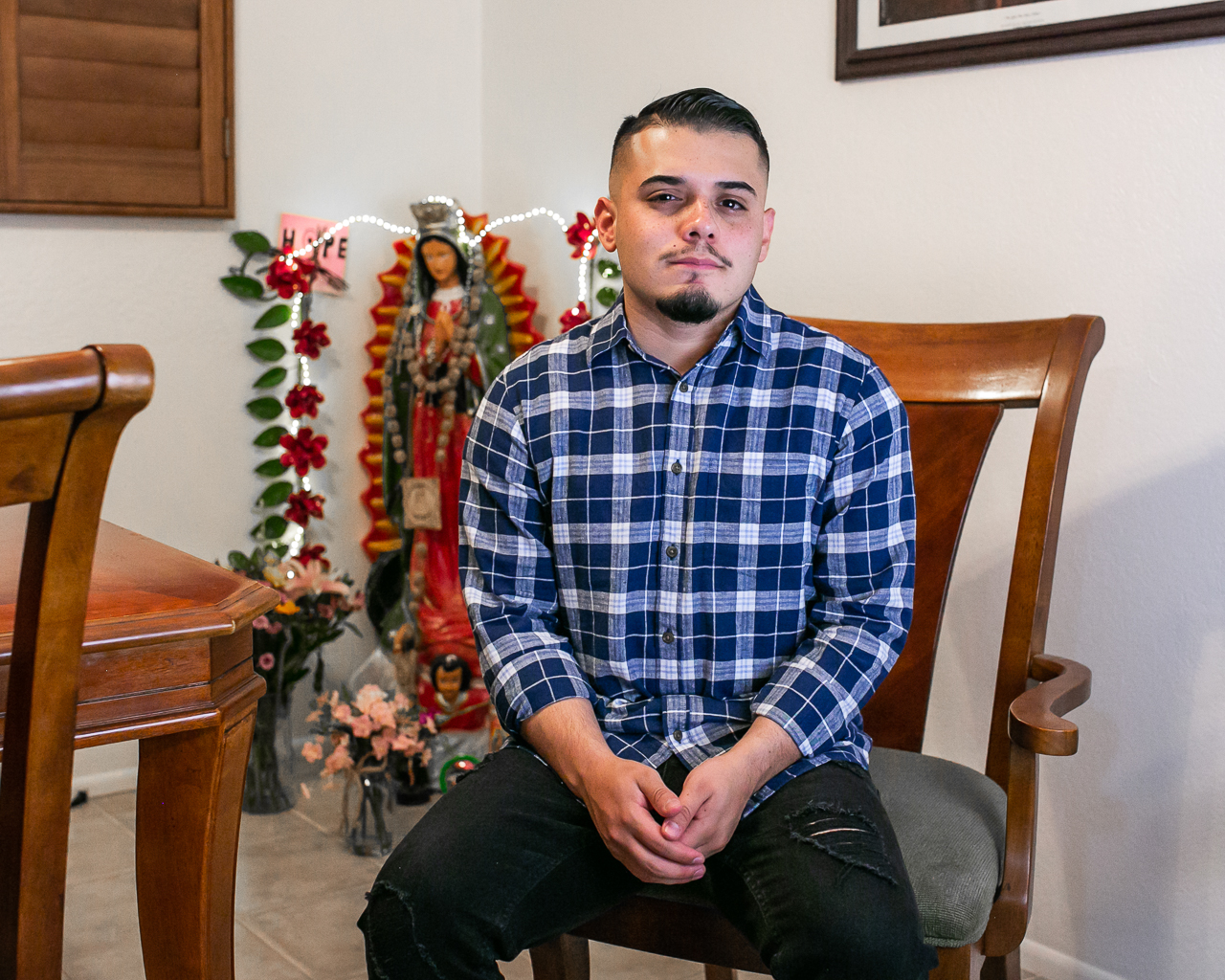
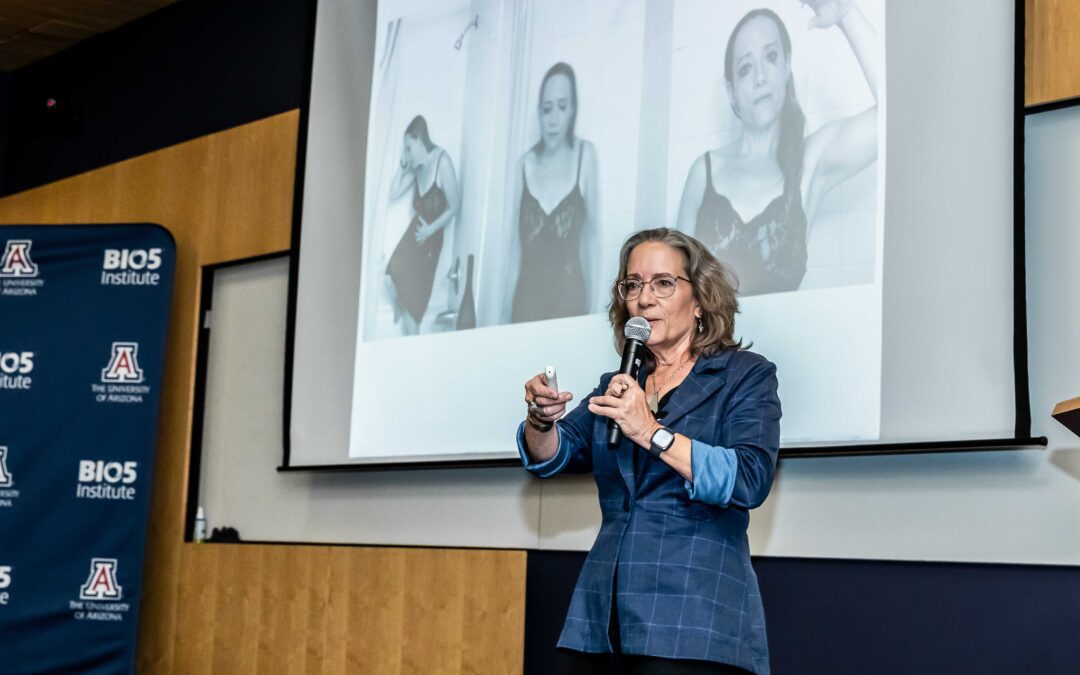
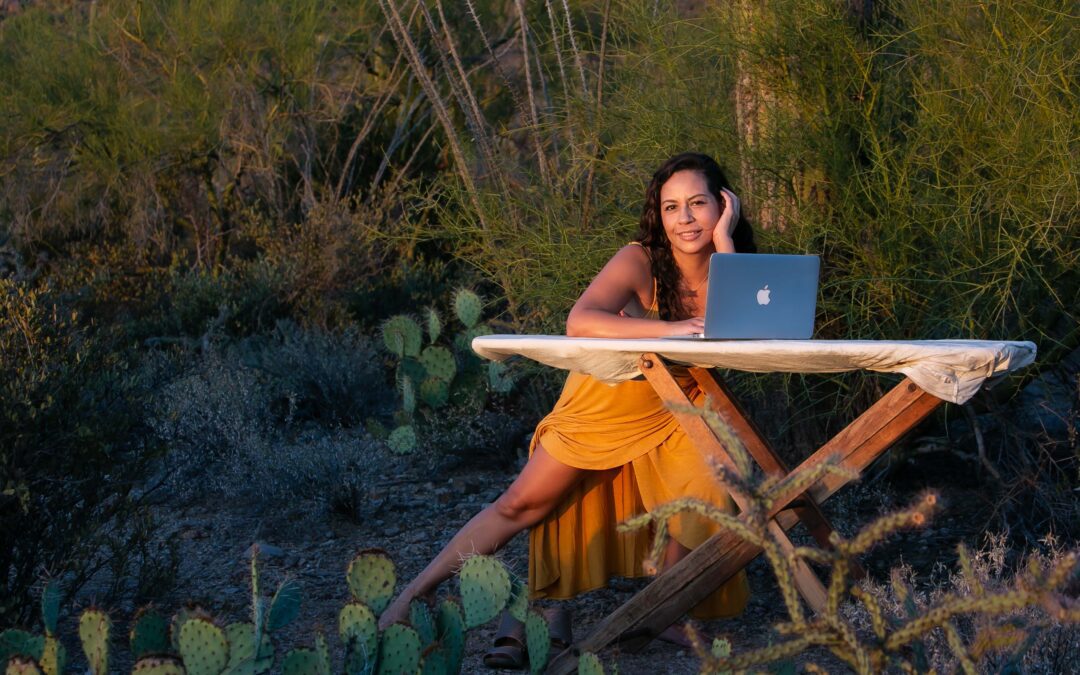
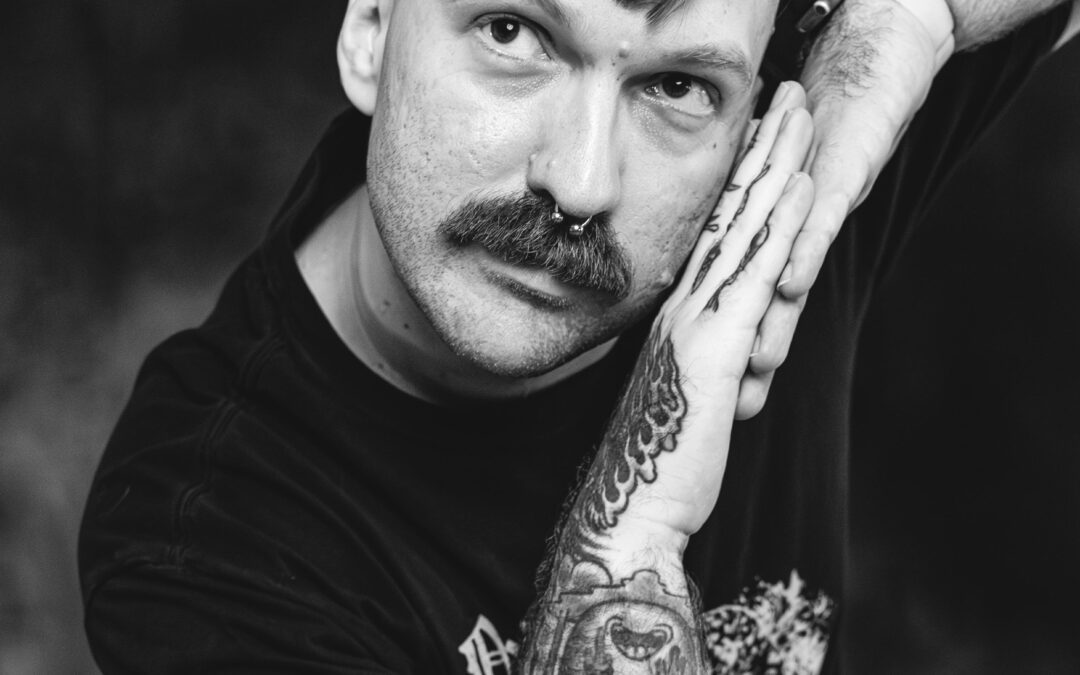
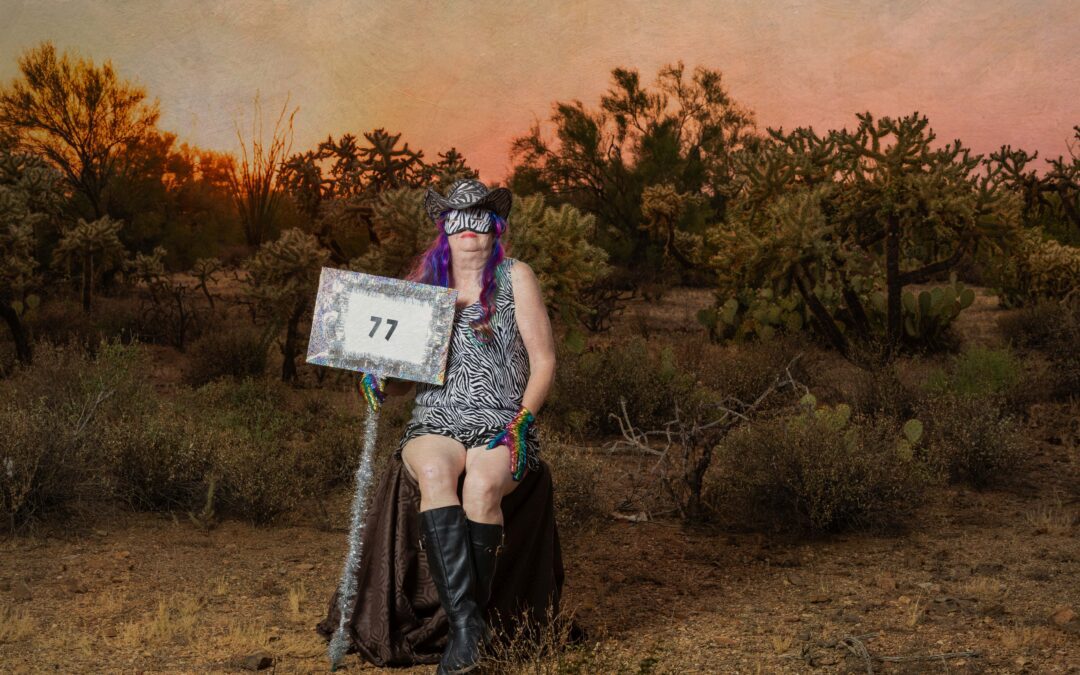
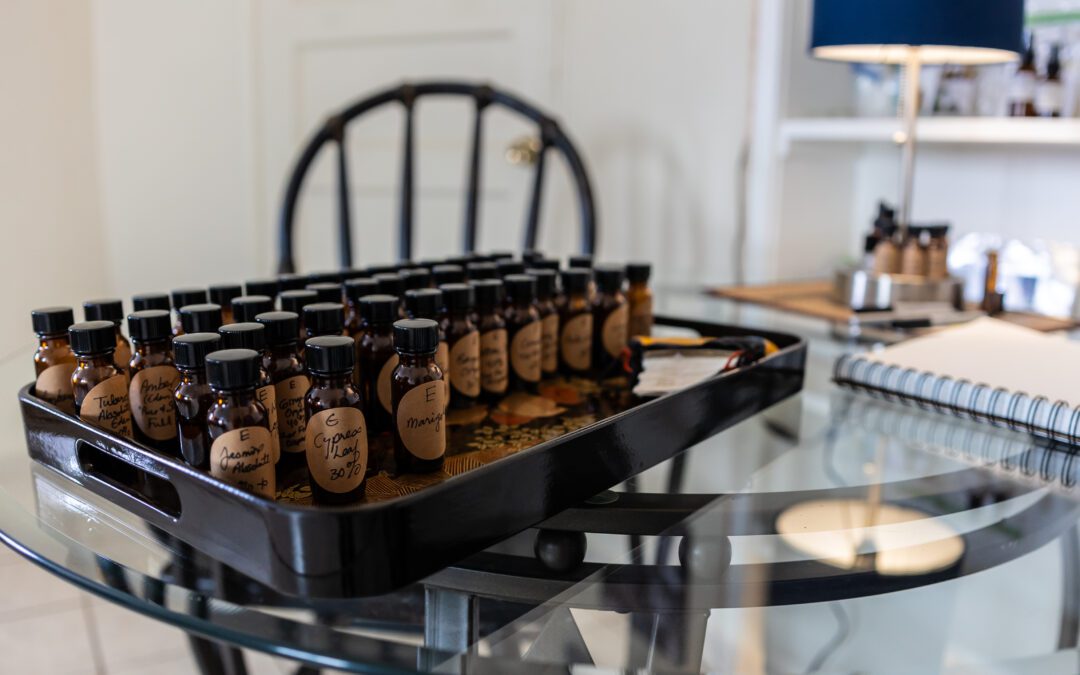
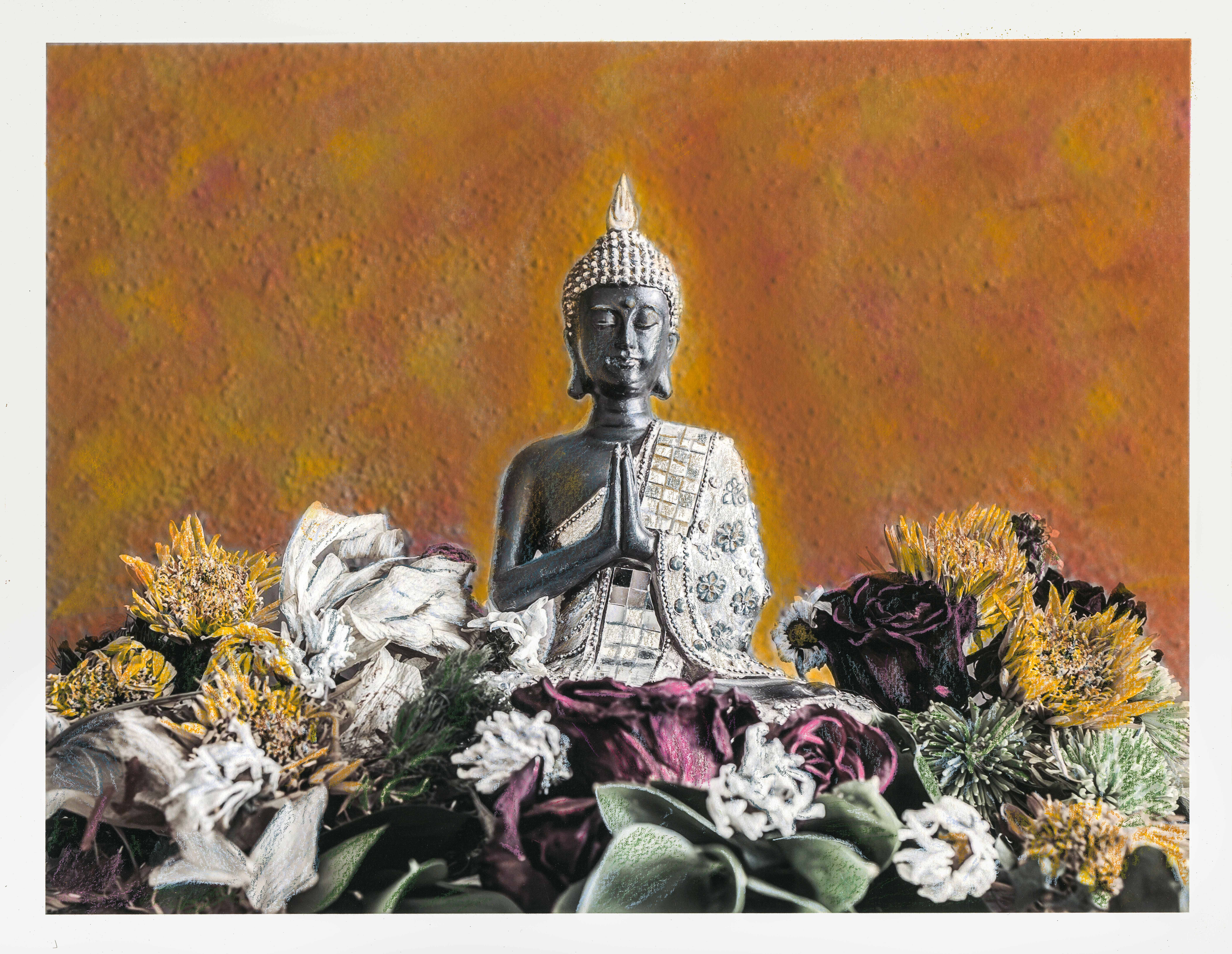

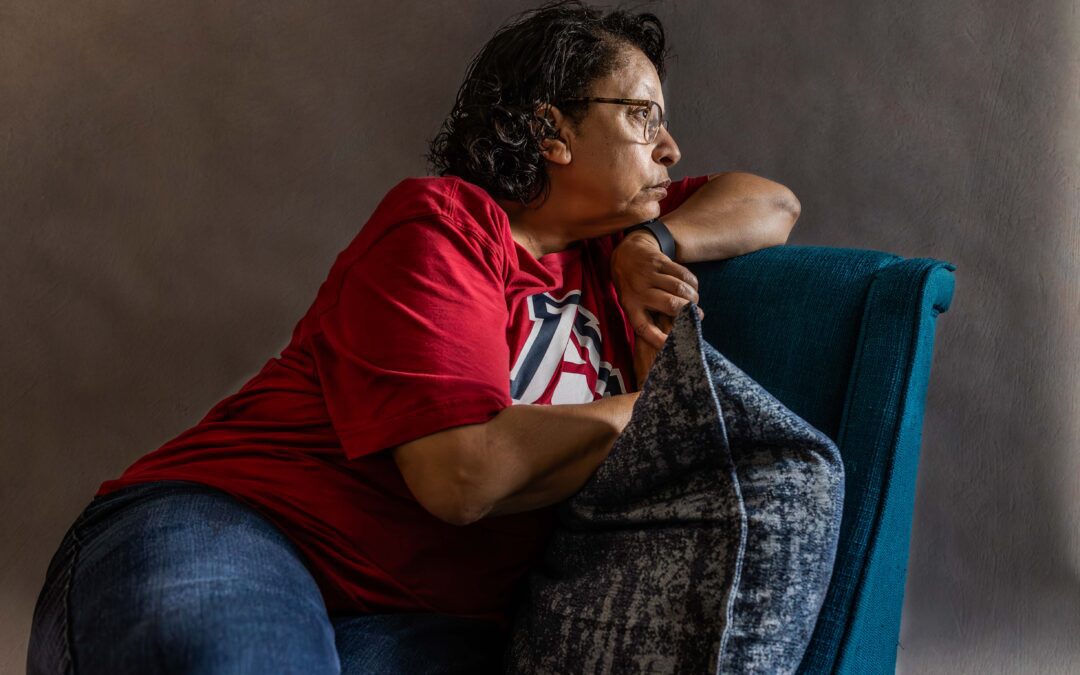
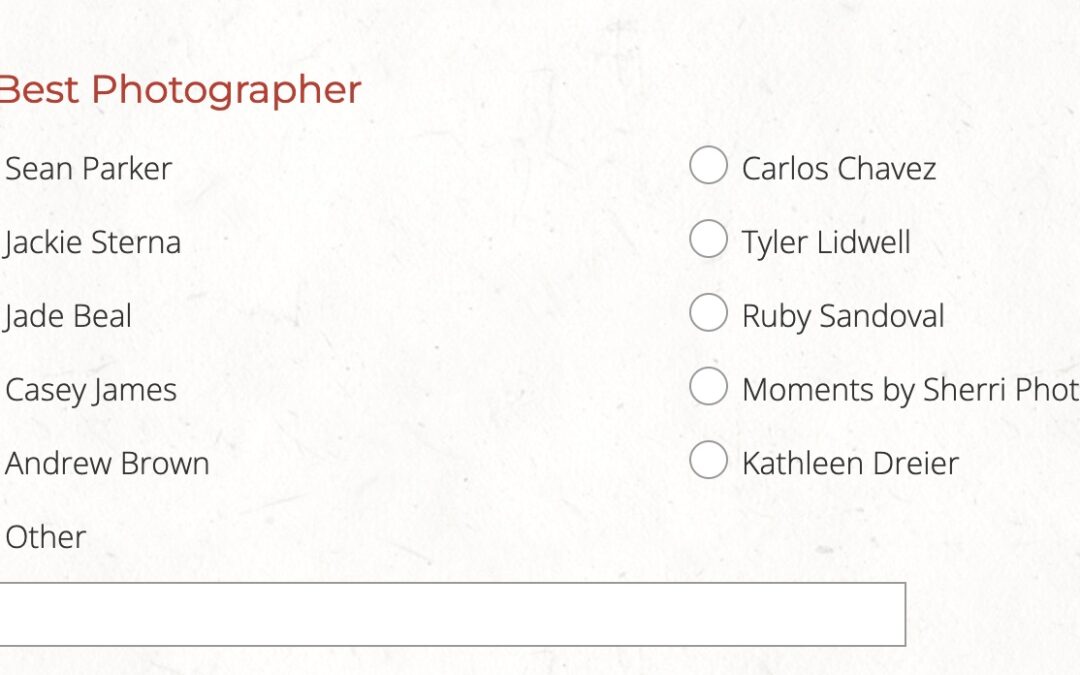
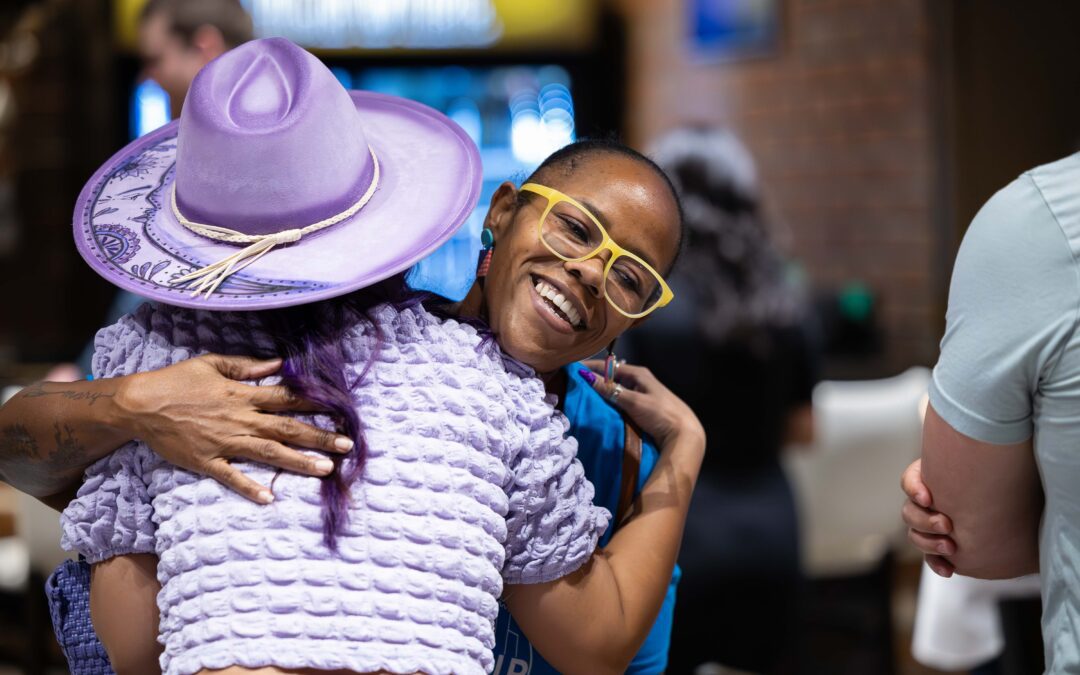
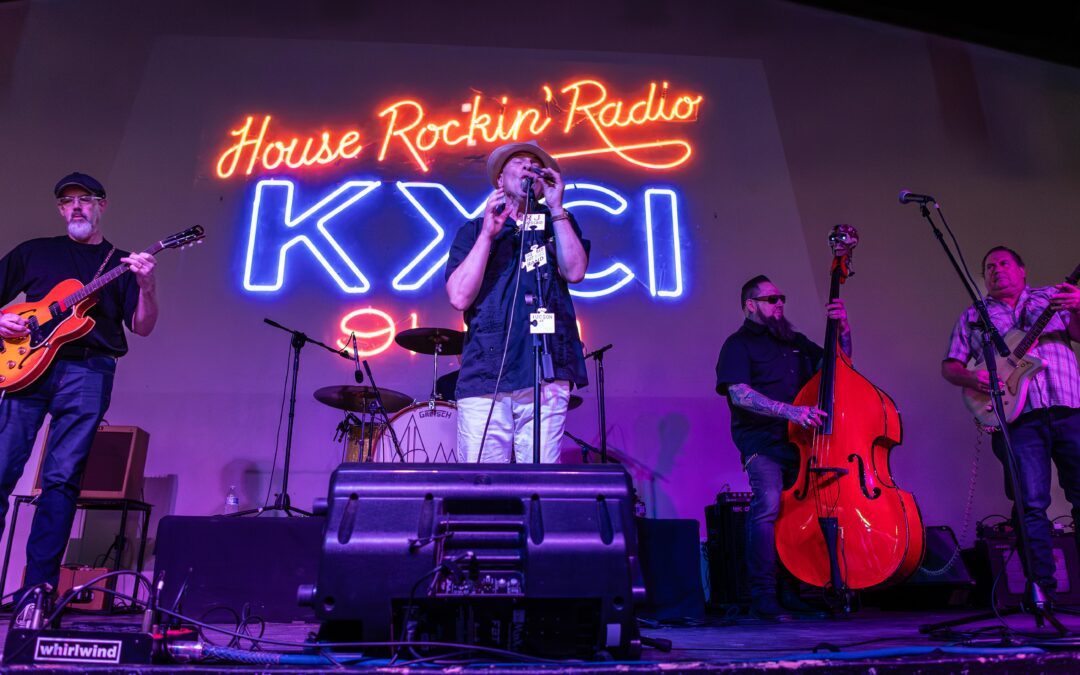
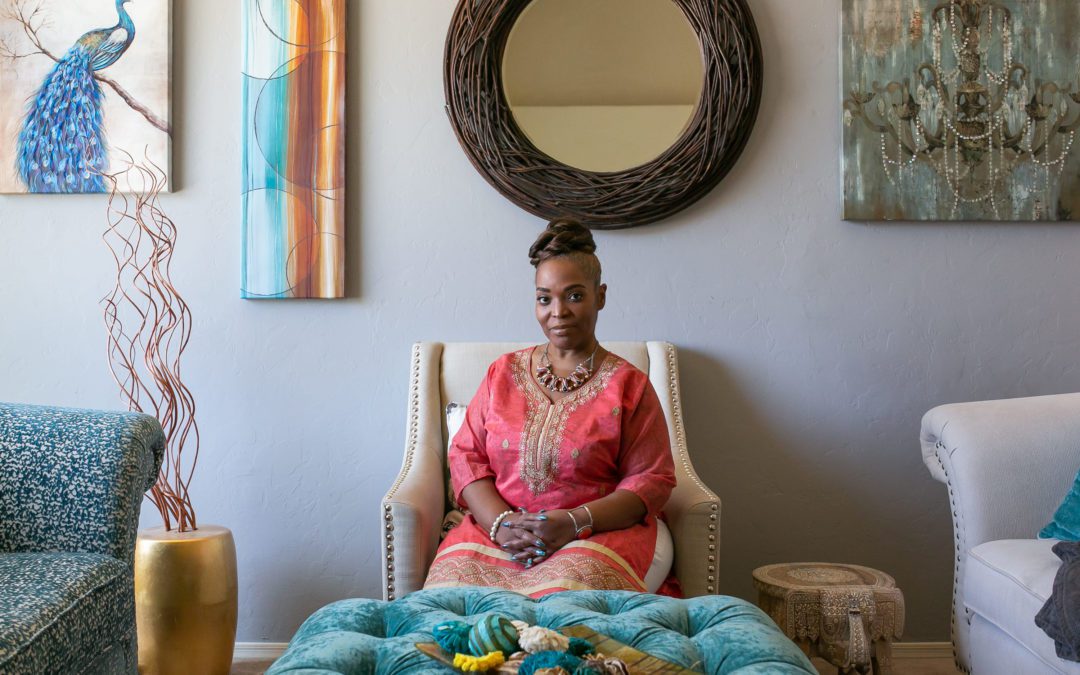
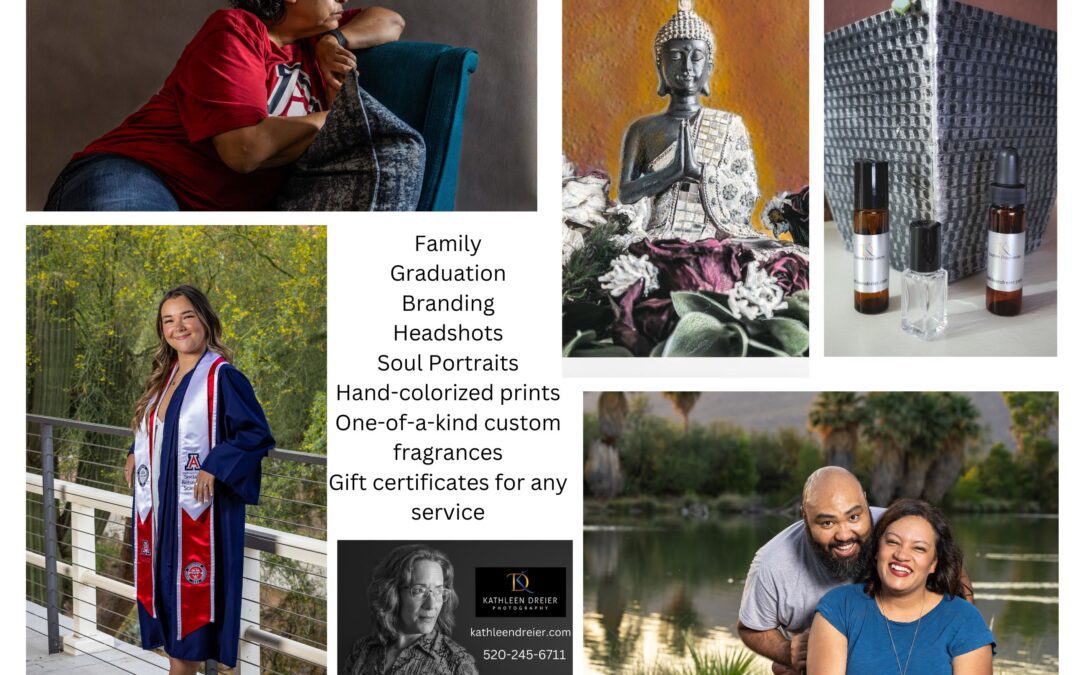
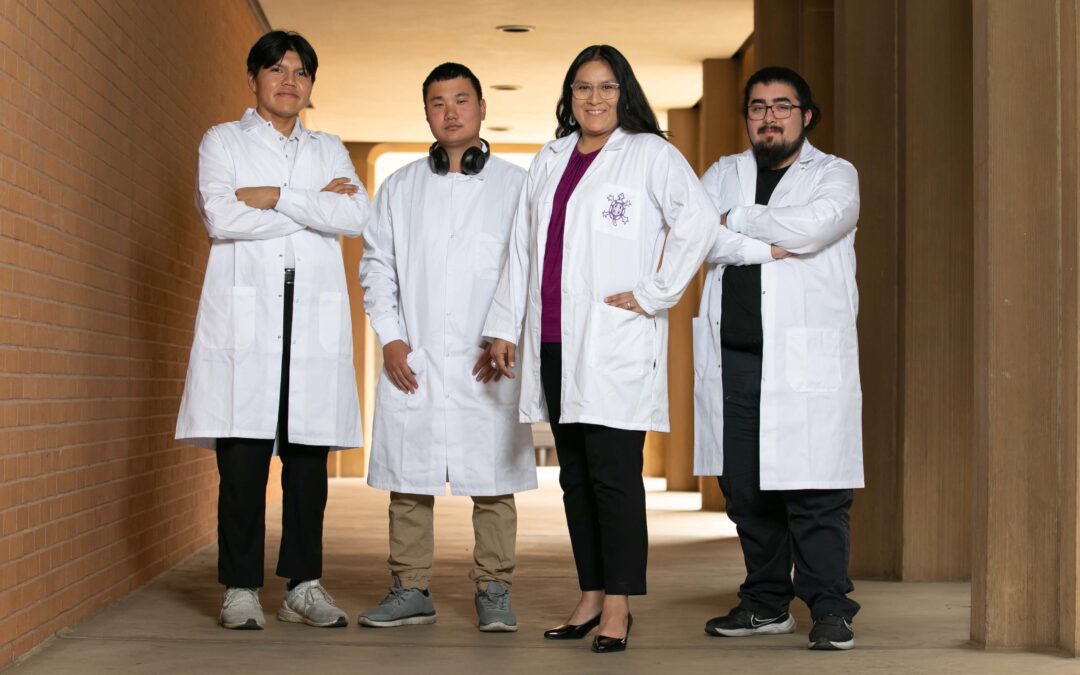
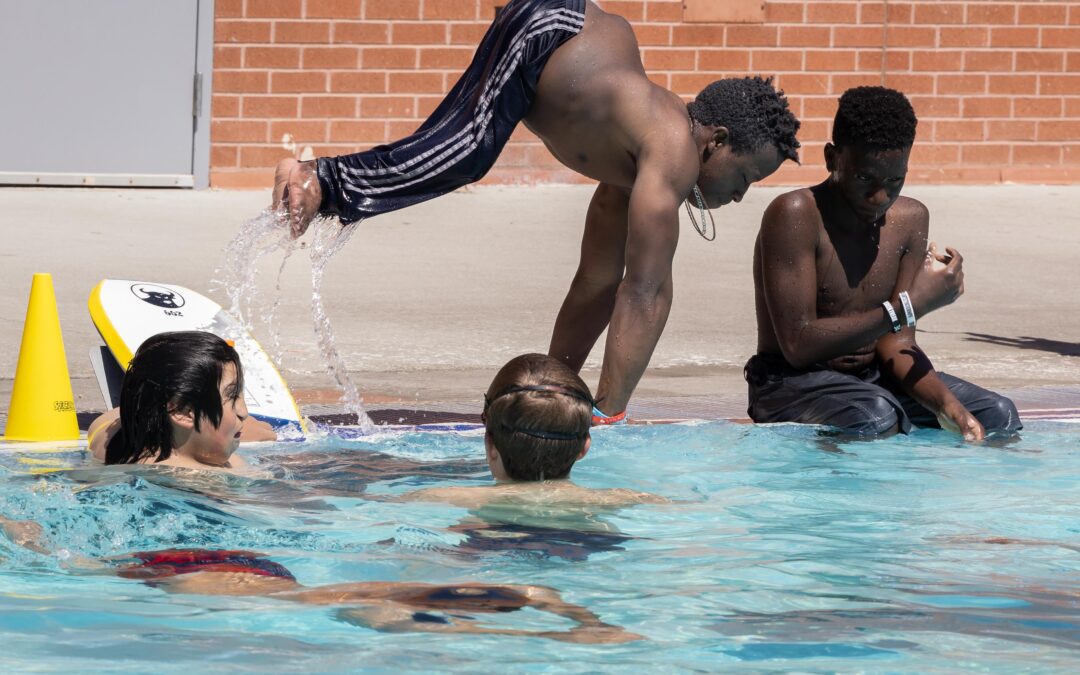
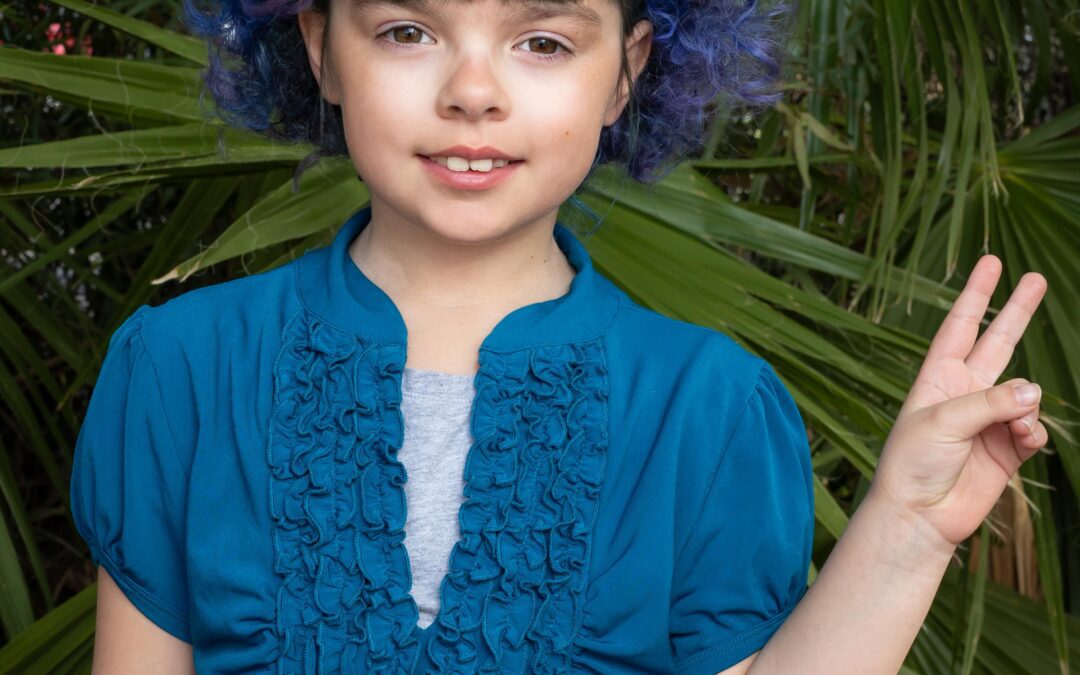
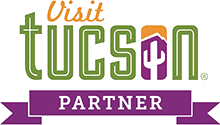



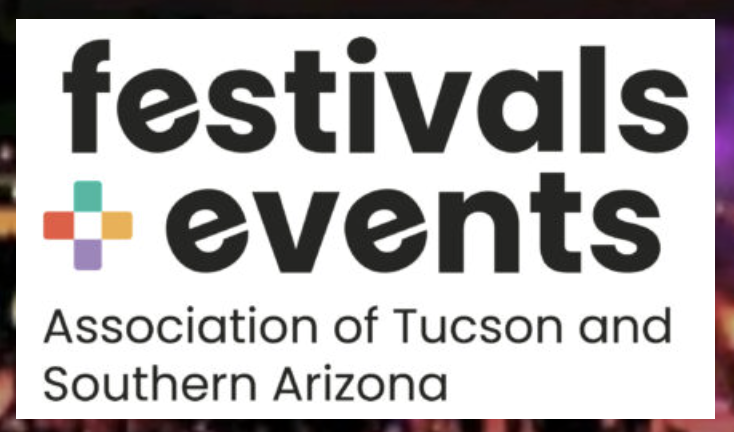
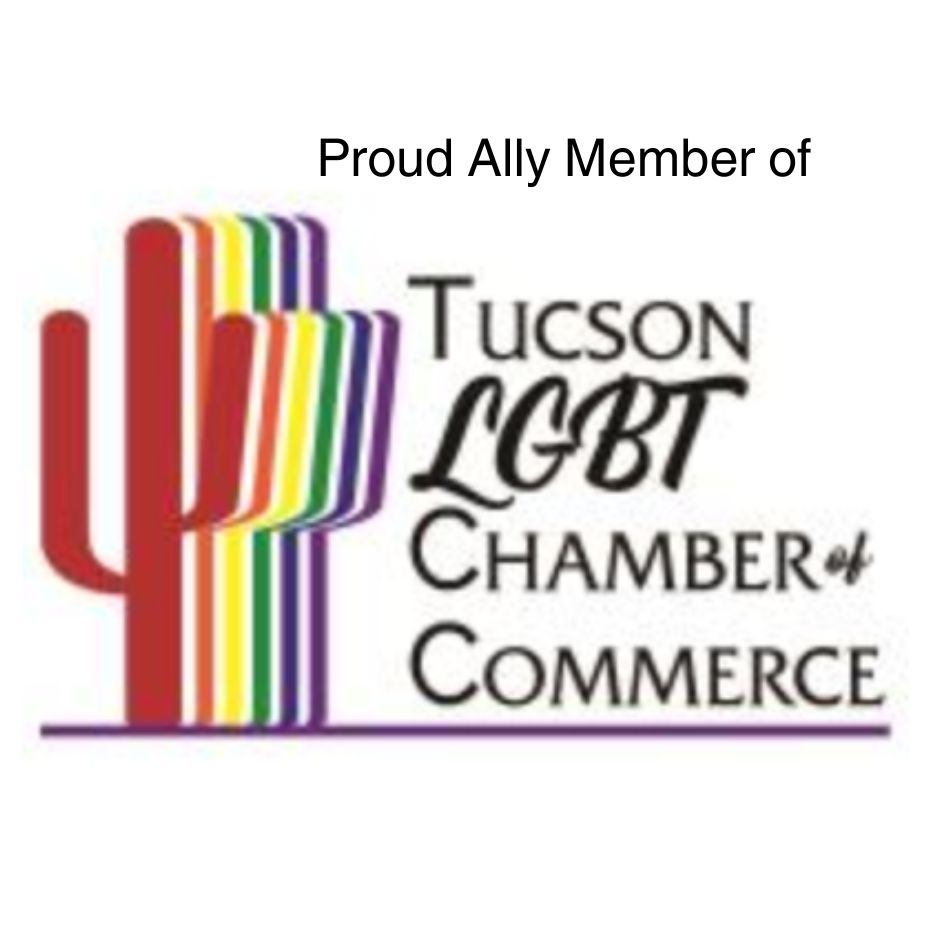
0 Comments